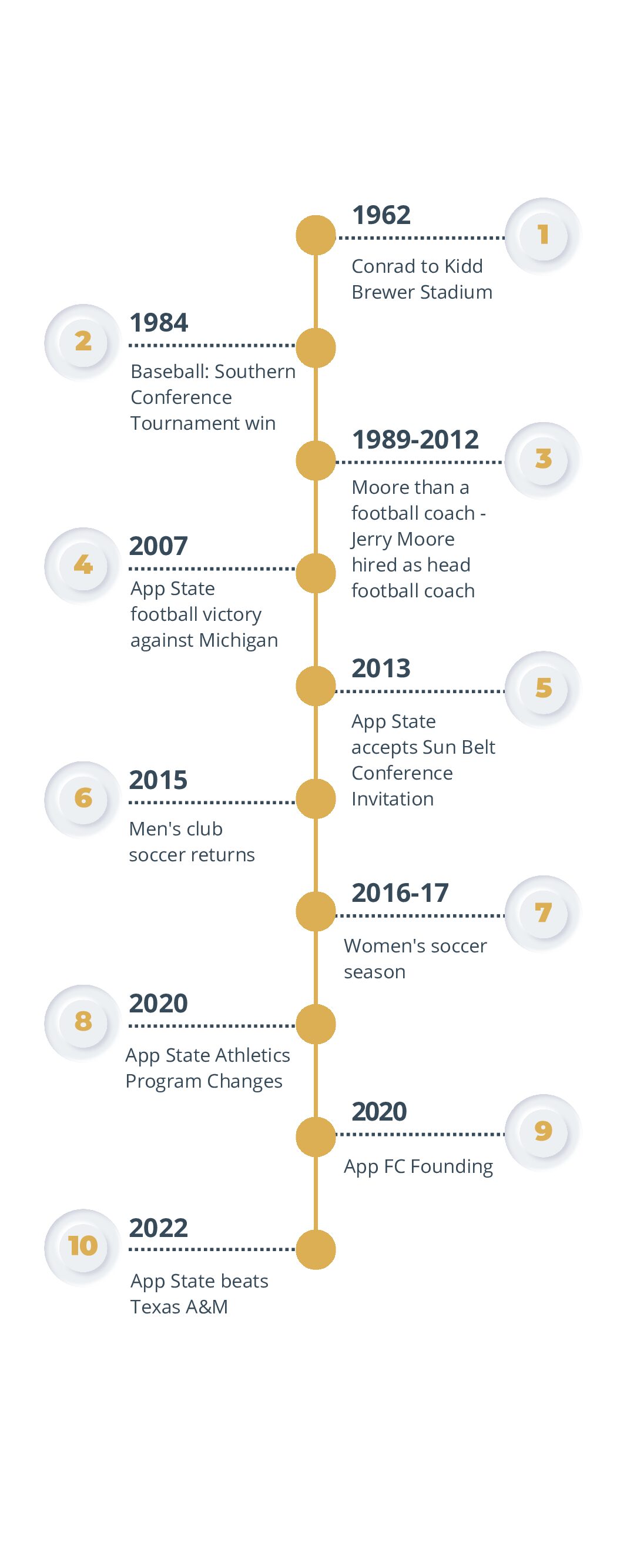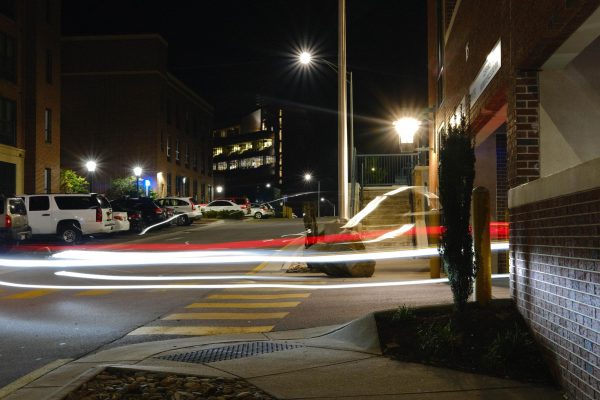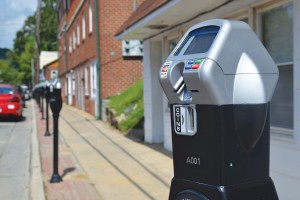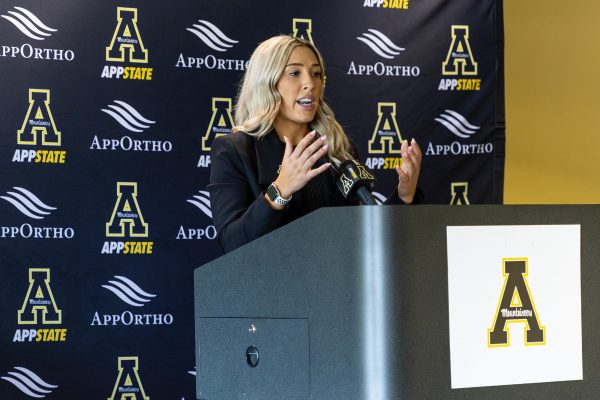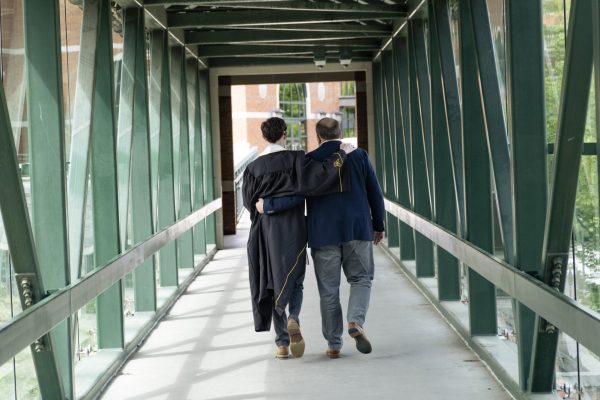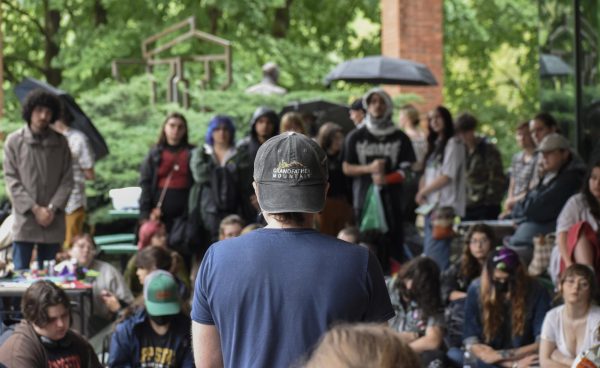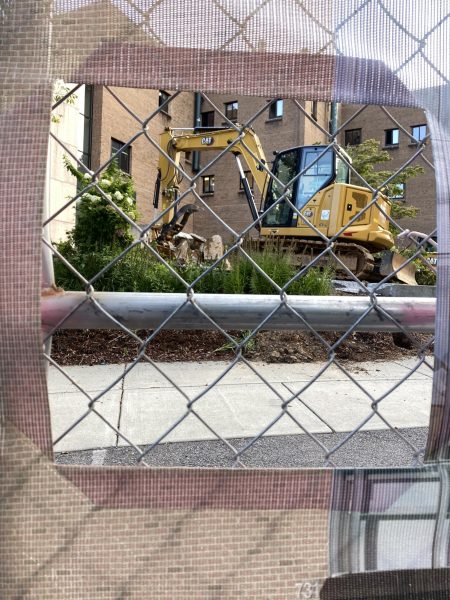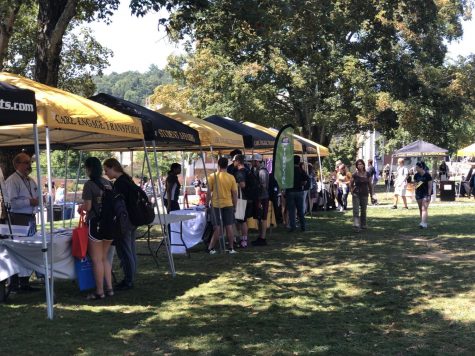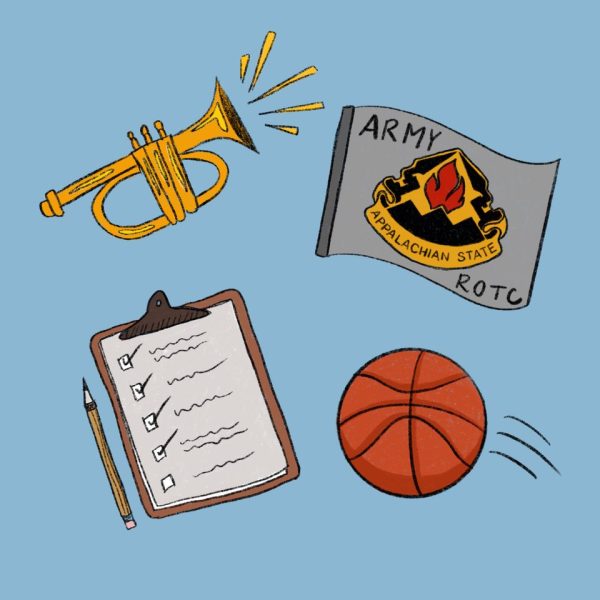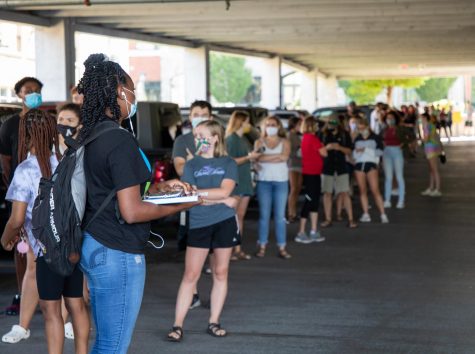Rise Market and Bakery promotes sustainability through food choice, packaging
April 5, 2019
Rise Market and Bakery in Leon Levine Hall is working toward Food Services’ goal of sustainability on campus.
Rise purchases coffee beans from Hatchet Coffee, a local coffee shop. It is the first App State food service to buy products from Hatchet. Rise saves energy by buying coffee beans from Hatchet instead of purchasing beans from another distributor because of its location close to campus. Rise also serves Stick Boy Bread Company products.
“We are rising early in the morning, we are there first and we want to prepare nourishment and a staple that students, faculty and staff can rely on while they are working to do the best at what they do,” said Stephanie Lee, Food Services communication specialist.
Lee said she works hand-in-hand with the Office of Sustainability to implement sustainable practices for Food Services. When Food Services employees make decisions based on sustainability, they always consult with the Office of Sustainability. In the past, both have used Eco-Products instead of styrofoam packaging and have implemented composting.
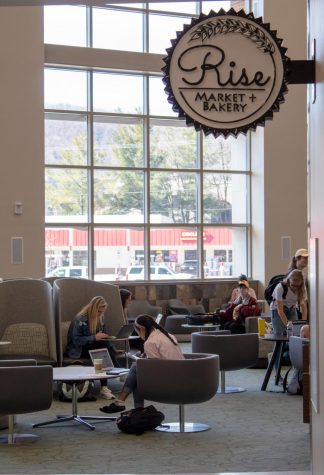
Rise was the first on-campus food service to debut eco-friendly packaging made from renewable resources. Food Services based its decision to use the Eco-Products brand packaging after meeting with the Office of Sustainability. The eco-friendly packaging was then implemented by Food Services across campus.
Food Services and the Office of Sustainability decided to use these products because they decompose in the campus composting facility.
“From the very beginning, our office was in the entire design of Leon Levine building and that included Rise,” said Leila Jackson, communications specialist for the Office of Sustainability.
When creating the menu for Rise, the chefs considered what was already sourced at food service facilities. For example, spinach is a staple food on campus. The chefs considered popular foods when making the menu so they could use it in all Food Services locations. Getting it from one distributor allows Food Services to use less energy when delivering the food.
Food Services and the Office of Sustainability employees meet once a month to speak about Food Service’s sustainable practices across campus.
“There is a long history of sustainability work with Food Services,” sustainability program manager Jennifer Maxwell said. “This partnership is working directly with managers, Stephanie, workers. Whenever they are making decisions they are always consulting with us. They have done a lot of work around local food; they are always asking for our input.”






